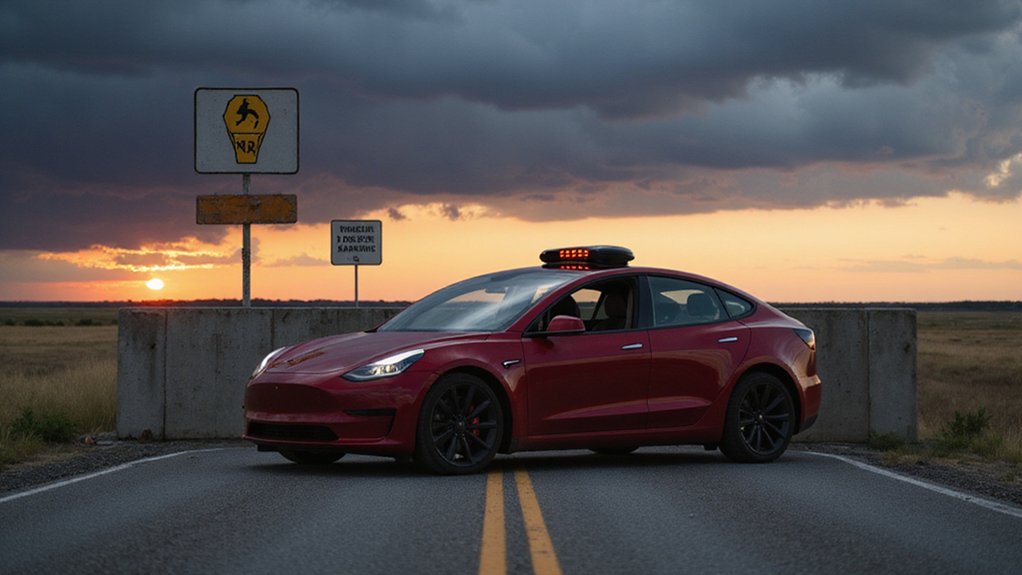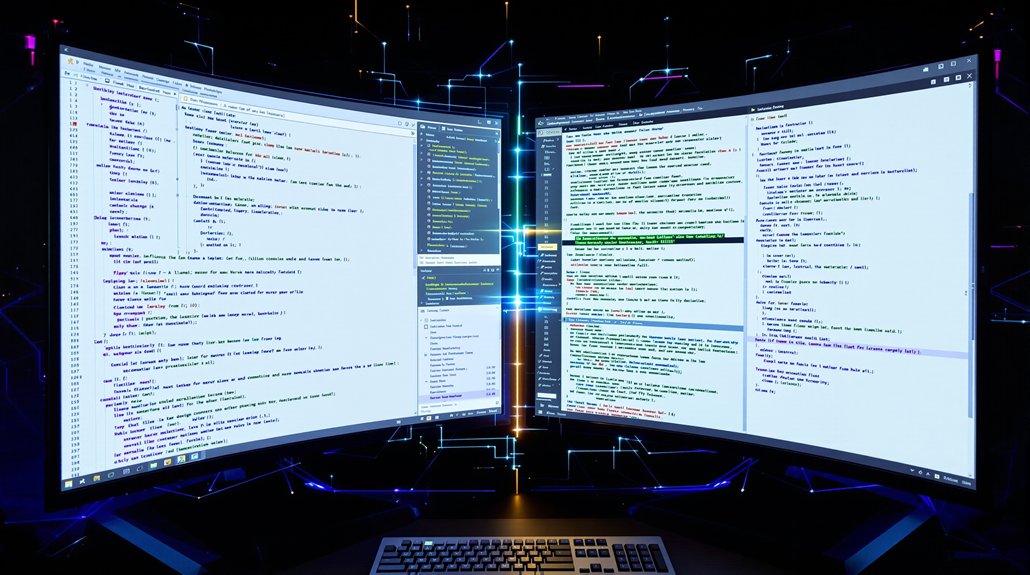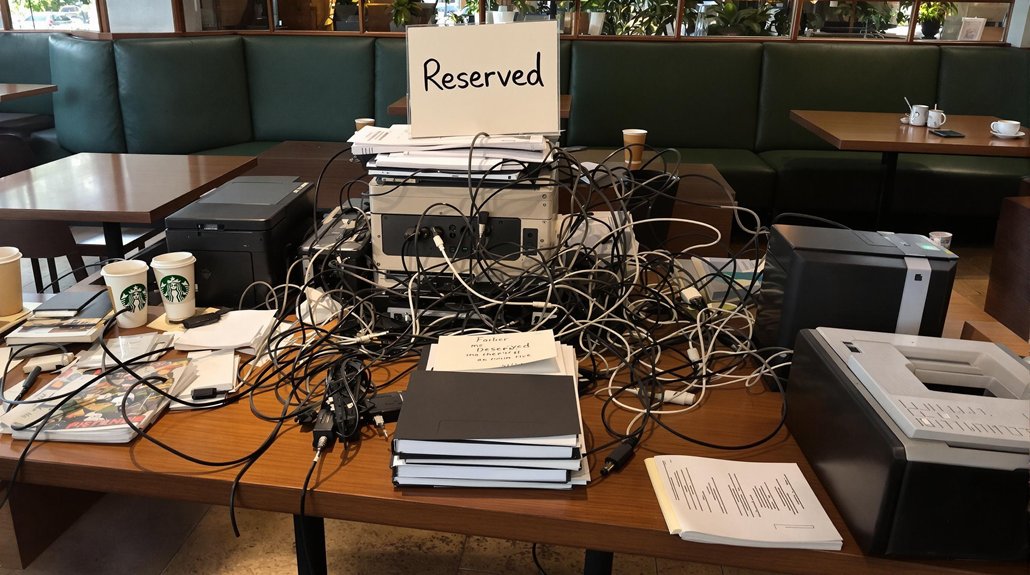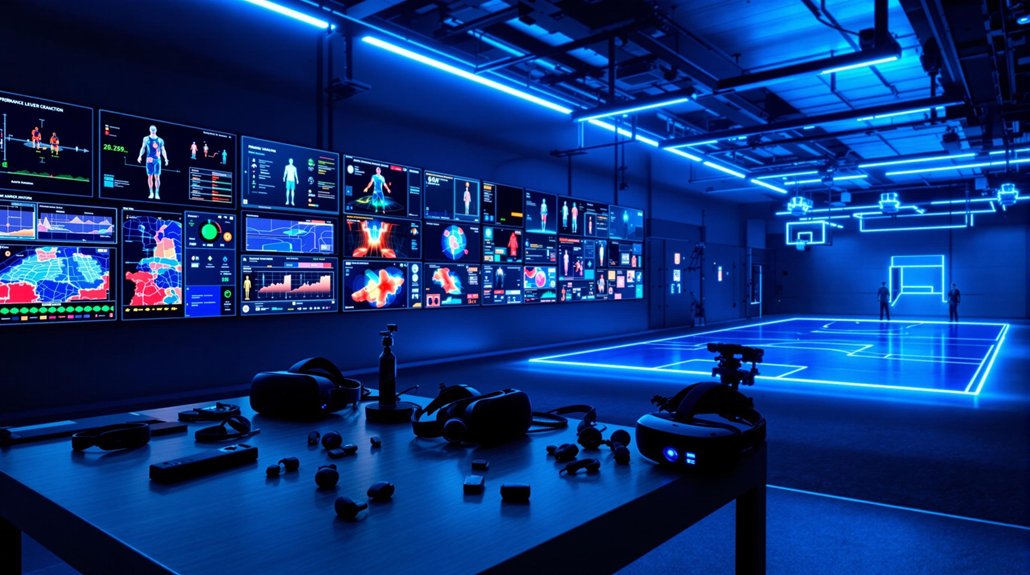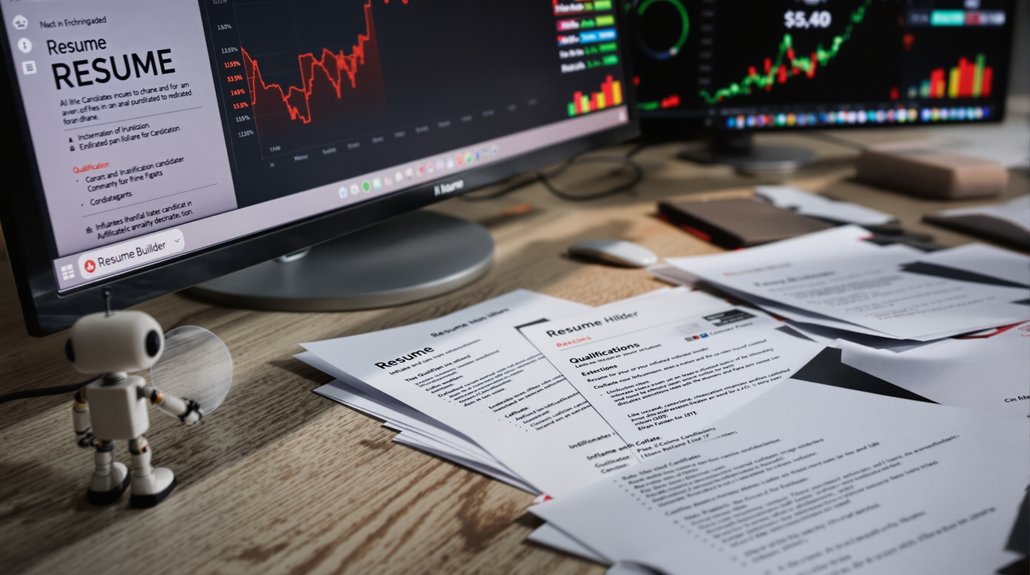While most companies were still figuring out how to use email properly, AI snuck in through the back door and started running the show. The numbers don’t lie. Ninety-two percent of executives plan to dump more cash into AI over the next three years. Between 2023 and 2024, AI adoption in businesses literally doubled to 65%. That’s not gradual change. That’s a stampede.
Here’s the surprise: only 10% of companies with $1-5 billion in revenue have actually integrated generative AI into their operations. The rest? They’re basically playing catch-up while early adopters pocket $3.70 for every dollar they invest. Some businesses get it, some don’t. Simple as that. Nearly half of tech leaders report AI fully integrated into their core business strategy, separating winners from wannabes.
AI-native startups and big banks are already seeing results. Pharma companies use it for drug development. Healthcare tackles labor shortages with it. Retail and manufacturing? They’re looking at $2 trillion in annual savings by 2030 just from supply chain optimization. Meanwhile, fintech firms are having their moment, building entirely new business models powered by AI.
The productivity gains are real. Sixty-four percent of businesses report major improvements, especially in workflow automation and customer support. Eighty-three percent see positive ROI within three months. Three months. By 2025, AI could boost business profitability by 38%. That’s not pocket change. McKinsey estimates AI could add $4.4 trillion in productivity growth through corporate use cases alone. Despite these benefits, significant privacy concerns remain as AI systems often collect data without proper user consent.
Eighty-three percent see positive ROI within three months. That’s not pocket change.
But here’s where it gets messy. Forty-five percent of businesses can’t find AI talent. Seventy-five percent of customers worry about data security. Companies stuck in “wait and see” mode are basically signing their own death certificates. The gap between AI leaders and laggards isn’t just widening—it’s becoming a canyon.
The job market‘s getting hit hard. AI will replace 16% of jobs globally by 2025 while creating 9% new ones. Net loss: 7%. That’s millions of people. Yet 97 million will work in the AI sector. Go figure.
Customer experience is transforming too. Netflix makes a billion annually just from its recommendation engine. Fifty-nine percent of companies say generative AI is altering how they interact with customers. Those solving AI challenges early are winning big. The rest? They’ll be case studies in business school textbooks about what not to do.
References
- https://www.mckinsey.com/capabilities/mckinsey-digital/our-insights/superagency-in-the-workplace-empowering-people-to-unlock-ais-full-potential-at-work
- https://www.pwc.com/us/en/tech-effect/ai-analytics/ai-predictions.html
- https://ventionteams.com/solutions/ai/report
- https://explodingtopics.com/blog/ai-statistics
- https://www.amplifai.com/blog/generative-ai-statistics

